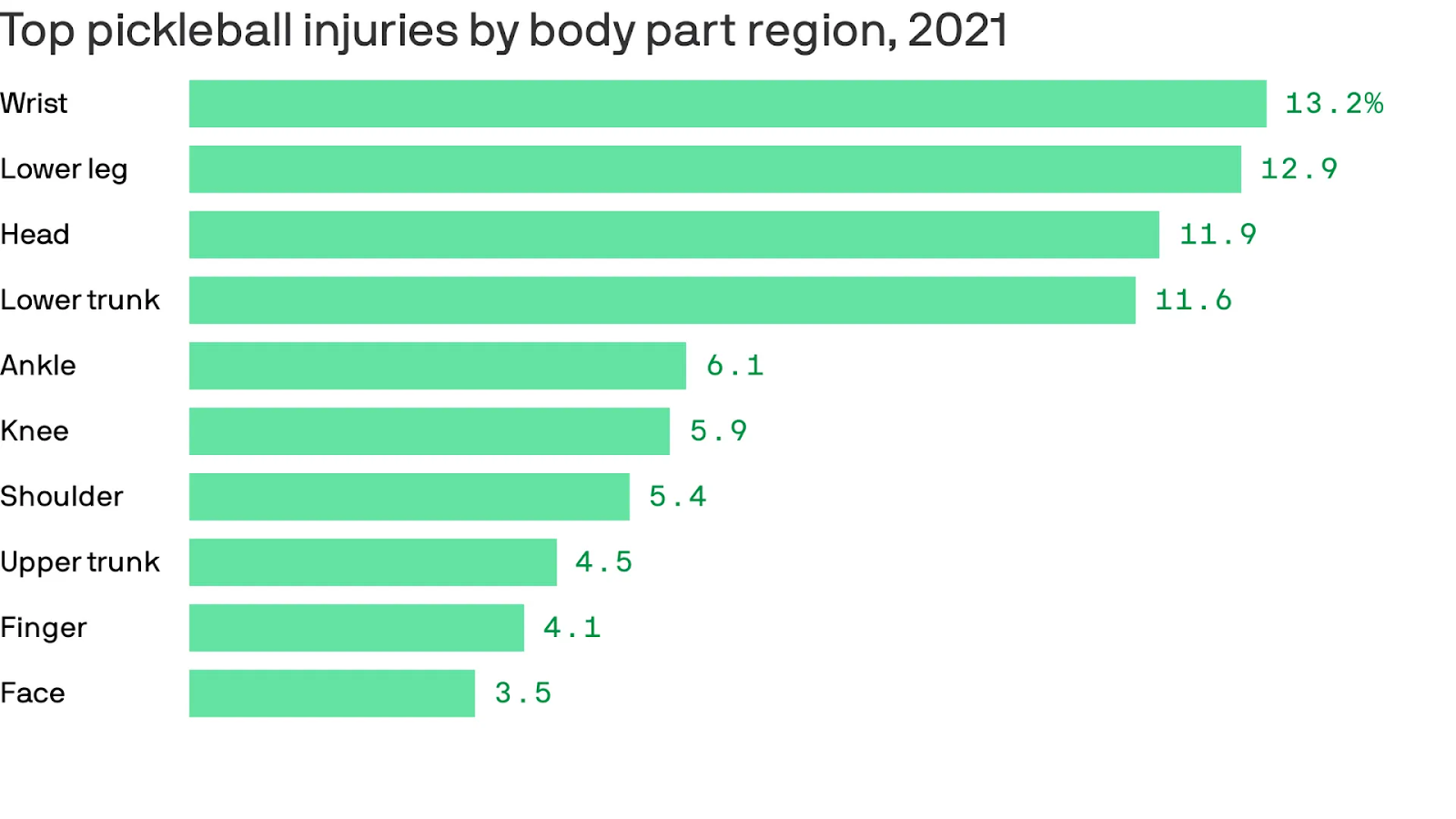|
|
Supreme Court Rules Against Giving State Legislatures Unchecked Control in North Carolina Elections Dispute |
|
The U.S. Supreme Court ruled 6-3 Tuesday that the North Carolina Supreme Court was acting within its authority in concluding that the state’s electoral district map constituted a partisan gerrymander under the state’s constitution.
By ruling against Republicans in North Carolina fighting for a congressional district map that would heavily favor their candidates, the Court declined to impose new limits on state courts’ reviewing certain election-related issues.
“Allowing partisan state legislators to overturn the will of the voters whenever they choose would have dismantled the system of checks and balances that we have relied on since our country began,” said Richard Fiesta, Executive Director of the Alliance. "This decision goes a long way in assuring that ballots cast will actually continue to count. However, we must still be vigilant against other threats to our right to vote.” |
|
Sen. Peter Welch, President Roach and Protect Our Care Discuss Importance of Medicare Negotiation
|
|
On Thursday, Senator Peter Welch (VT) joined Alliance President Robert Roach, Jr., officials from Protect Our Care and health care experts for a press conference to discuss the Biden-Harris administration’s next steps in implementing the Inflation Reduction Act’s Medicare Drug Price Negotiation Program. Watch a recording of the full news conference here.
During the call, Protect Our Care released a new report that underscores the importance of Medicare drug price negotiation. The report focuses on five expensive drugs that will likely qualify for the first round of negotiation. Together, the Medicare program spent $16.69 billion for these 5 drugs alone in 2021; the Medicare beneficiaries who need those medications also have to pay thousands of dollars out-of-pocket per year. For example, the cancer drugs Imbruvica and Ibrance, respectively, cost most Medicare patients an average of $7,118 and $6,459 per year out-of-pocket.
The report was issued as more big drug corporations turn to the courts seeking to dismantle the Drug Price Negotiation Program. Drug corporation giants Merck and Bristol Myers Squibb, as well as industry lobbying groups PhRMA and the U.S. Chamber of Commerce, have sued the federal government in an effort to stop Medicare from negotiating lower prescription drug prices and prevent seniors from getting relief from skyrocketing costs. |
|
|
Photo from Zoom call June 29, clockwise from upper left: Leslie Dach, Chair, Protect Our Care; President Roach; Tahir Amin, Co-Founder and Co-Executive Director, Initiative for Medicines, Access & Knowledge (I-MAK); Andrea Harris, Director of Policy Programs, Protect Our Care; Sen. Welch |
|
Republican lawmakers have also introduced legislation to repeal the prescription drug provisions of the Inflation Reduction Act in their effort to line the pockets of drug company executives and raise costs on patients.
|
|
Pickleball Craze is Driving Medical Costs Higher |
|
Pickleball is the nation’s fastest-growing sport, but with an increasing number of new players comes an increasing number of hospital visits, especially among older players.
Pickleball injuries are creating $250 million to $500 million in medical costs annually, UBS investment banking company analyst Andrew Mok estimated after assessing data from the Sports and Fitness Industry Association and studies about the sport.
Mok says that 80% of the costs are for outpatient treatment and Medicare is picking up 85% of the tab. More than 8 in 10 Pickleball injuries are to patients over 60 years old..
Roughly 22.3 million people are expected to play pickleball this year, up from 8.9 million in 2022 and 3.5 million in 2019.
|
|
|
Source: Axios |
|
KFF Health News: Will the Doctor See You Now? The Health System’s Changing Landscape By Julie Appleby and Michelle Andrews |
|
Lucia Agajanian, a 25-year-old freelance film producer in Chicago, doesn’t have a specific primary care doctor, preferring the convenience of visiting a local clinic for flu shots or going online for video visits. “You say what you need, and there’s a 15-minute wait time,” she said, explaining how her appointments usually work. “I really liked that.”
But Olga Lucia Torres, a 52-year-old who teaches narrative medicine classes at Columbia University in New York, misses her longtime primary care doctor, who kept tabs for two decades on her conditions, including lupus and rheumatoid arthritis, and made sure she was up to date on vaccines and screening tests. Two years ago, Torres received a letter informing her that he was changing to a “boutique practice” and would charge a retainer fee of $10,000 for her to stay on as a patient.
“I felt really sad and abandoned,” Torres said. “This was my PCP. I was like, ‘Dude, I thought we were in this together!’”
The two women reflect an ongoing reality: The primary care landscape is changing in ways that could shape patients’ access and quality of care now and for decades to come. A solid and enduring relationship with a primary care doctor — who knows a patient’s history and can monitor new problems — has long been regarded as the bedrock of a quality health care system. But investment in primary care in the U.S. lags that of other high-income countries, and America has a smaller share of primary care physicians than most of its European counterparts.
|
|
Thanks for reading. Every day, we're fighting to lower prescription drug prices and protect retirees' earned benefits and health care. But we can't do it without your help. Please support our work by donating below. |
|
|
|
|
Alliance for Retired Americans | 815 16th Street, NW | Washington, DC 20006 | www.retiredamericans.org



